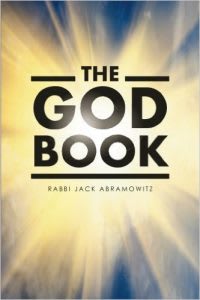3.2 - Determining That There Is a Creator
Sources refer to Rabbi Bachaye ibn Pakuda's Chovos HaLevavos (Duties of the Heart)
************************************
Three Premises (Chapter 5)
It is necessary to accept three premises in order to reach the conclusion that the world has a Creator:
Let’s explain that last premise. A thing made up of parts must be created because its parts precede it. Similarly, the one who assembled it (or the One Who assembled it) must have preceded it. A thing is either eternal or created. By definition, eternal things have no beginning. Therefore, all things made up of parts must have been created.
After these premises have been accepted, the proper conclusions can be drawn, i.e., that the world has a Creator who brought it into being ex nihilo.
There Is a Creator (Chapter 6)
Here’s how those three premises lead us to conclude that the world has a Creator:
When we observe the world, it is apparent that it is made up of parts, like a house that has been constructed and furnished. There are various plants and animals here for man’s use, plus an unwavering cycle of days and seasons. The things in nature are made up of the various elements all combining in different proportions. Since the world is made up of components, it must have been created. We know that a thing cannot create itself, so the world must have been united by some outside force; this is the Creator.
But could the world have been created by something that was created by something else ad infinitum? There must have been a first cause before all others. Regarding this, God tells us, “I am Hashem, Who makes all things, Who alone stretched forth the Heavens, Who spread out the earth by Myself” (Isaiah 44:24). He also informs us that “I am First and I am Last” (Jeremiah 44:6).
Some people believe that the world came into existence by chance, without intelligent design. This is inconceivable. If someone made such a claim about the simplest machine (Rabbeinu Bachaye uses the example of a water wheel), people would ridicule him and reject his statement. If we couldn’t believe such a thing about a basic device, which can be made with only a modicum of skill, how can we accept it about the majesty of the universe, which we have hardly even begun to understand?
One must agree that a bottle of ink spilled onto a blank page could not form a legible paragraph. If one were handed a document, he would rightly conclude that someone had written it and that it did not form by chance. If we would reject such a claim about a mere sheet of writing, how could we accept it about the entire world?

